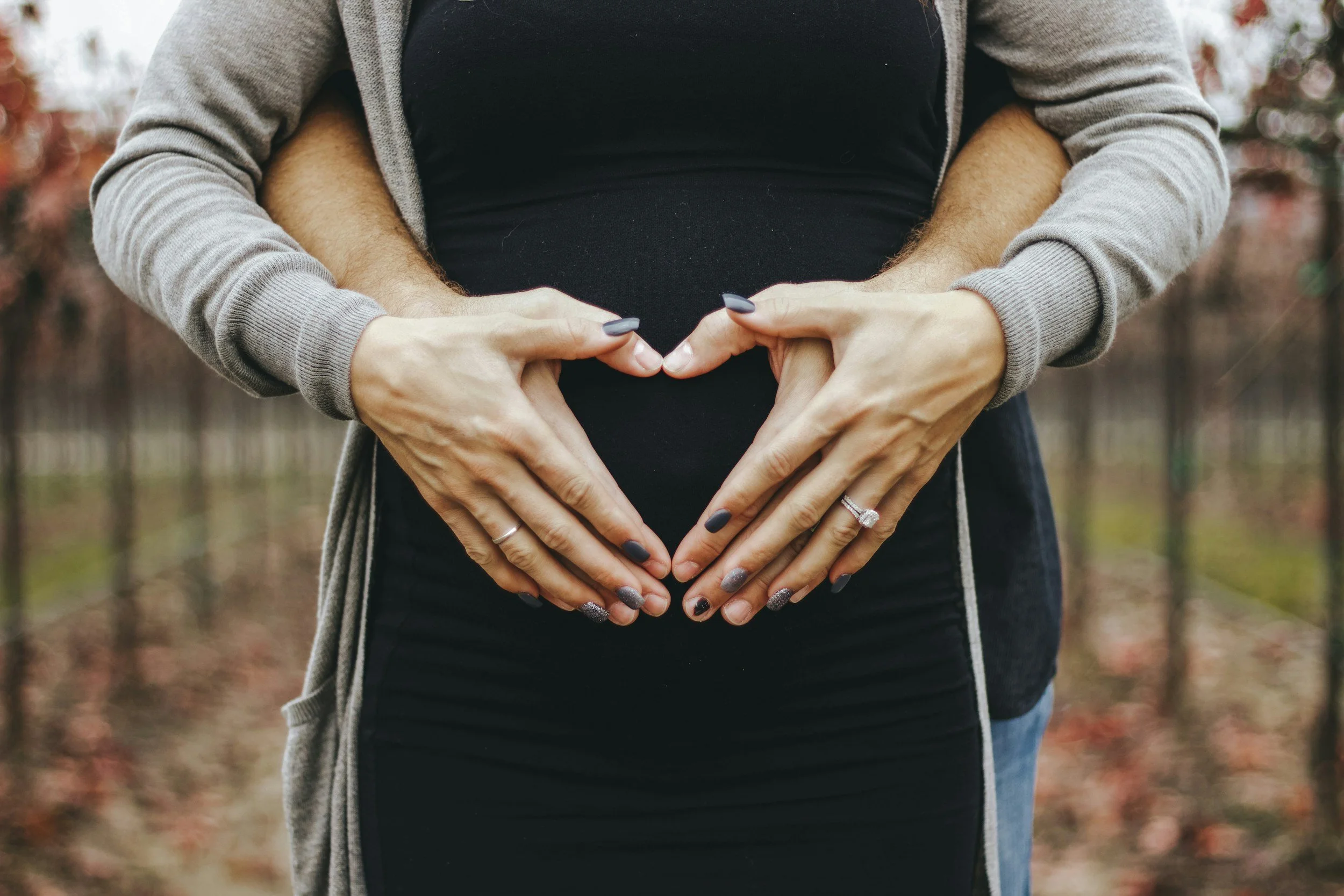Helping Both Parents Pre And Post Baby
Pre-Baby Couples Planning
One of my popular services is my Pre-Baby Couples Planning sessions, where we pro-actively identify possible challenges and develop techniques unique to the changes that come with having a new baby. These include:
Strengthening Communication
Sleep Patterns & Management
Postpartum Stress Management
Relationship Dynamics
Lifestyle Adjustments
Benefits of pre-baby couples counseling are helping couples feel more confident and prepared, strengthening their bond, reduce anxiety, and resolving future conflicts constructively.
Frequesntly Asked Questions
-
Paternal postpartum depression (PPD) refers to depressive symptoms experienced by fathers after the birth or adoption of a child.
While maternal PPD has been widely studied, many people are unaware that new fathers can also experience intense emotional distress.
Unlike maternal PPD, which may be influenced by hormonal shifts, paternal PPD is often triggered by changes in identity, sleep deprivation, relationship stress, financial pressure, or feeling unprepared for the demands of parenthood. Both forms of PPD are serious and deserve compassionate, professional support.
-
Recovering from postpartum depression requires patience, support, and care. Here are key steps to help:
Reach Out: Share your feelings with trusted loved ones or healthcare providers.
Seek Professional Help: A perinatal psychotherapist can provide tailored therapy; medication might be recommended.
Prioritize Self-Care: Rest, eat well, exercise gently, and enjoy small joyful moments.
Build Support: Connect with others facing similar challenges through support groups.
Create a Routine: A consistent daily schedule offers stability.
Monitor Symptoms: Track mood changes and inform your provider if things worsen.
-
Therapists trained in perinatal mental health can help fathers understand what they’re experiencing, reduce feelings of shame, and develop practical tools for coping.
Treatment may include talk therapy (such as CBT), support around identity changes, and guidance in improving communication and connection with their partner.
In some cases, medication may also be helpful and is often discussed in coordination with a physician. The most important step is reaching out—help is available, and healing is possible.
You’ve heard it from other new parents: having a baby is stressful and tiring the first couple of years. Taking care of the newborn is the top priority, often at the expense of self-care for the mother, father, and for the relationship.
Postpartum depression is more common, and better supported in new mothers. However, dads can experience the same depression and anxiety. These symptoms are easy to brush aside or overlook, but for the sake of raising a healthy baby, both partners, including dad, should seek treatment for depression or anxiety that prevents them from engaging in the care of the newborn.
Symptoms of paternal postpartum depression include:
Intense sadness, worry, or anxiety
Significant changes in eating
Struggling with low energy
Heightened anger and short temper
Insomnia or disturbed sleep
Difficulty making decisions due to mental fogginess
Guilt, shame and doubt about your parenting abilities
Trouble bonding with the baby
As an expecting or new father, you want to do all you can to provide for and protect your newborn. Sometimes, this means taking steps to take care of your mental health. It’s a strength, not a weakness, to seek help in order to give your baby the best care.
Fill out the form to schedule a free and confidential consultation.

